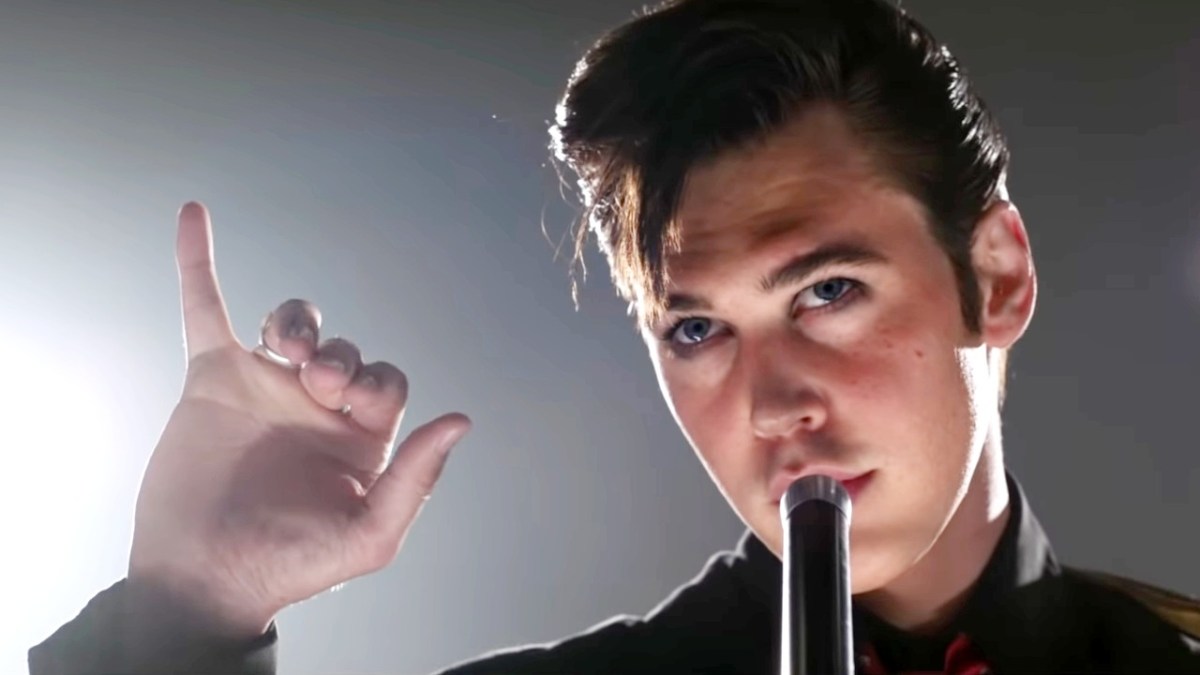Elvis director Baz Luhrmann says it was never his intention to make a straightforward biopic, but instead it was his opportunity to take a historical figure to explore a larger theme.
There’s little doubt Luhrmann, known for his razzle-dazzle style, would be taking a larger-than-life approach to at least some aspects of his film, which is releasing next month. But what is surprising is some of the more grounded dramatic elements early reviews of the film have pointed to, particularly in the third act of the movie, centering on the King of Rock and Roll’s somewhat depressing Vegas days.
When asked by Associated Press whether his vision of Elvis was always “something different than a conventional biopic,” Luhrmann said doing a by-the-numbers approach was never his intention.
“I was about what Shakespeare does, he takes a historical figure and explores a large idea. I’m a massive fan of ‘Amadeus,’ which is really not about Mozart. It’s about jealousy.” the Moulin Rouge! director explained.
Along those same lines, Luhrmann said his Elvis film isn’t necessarily solely about the man, but the broader conversation about how creativity and commercialism can sometimes be at odds with one another.
“Whether you like the music or you don’t, he’s at the crossroads of the ’50s, ’60s and ’70s. I was really looking at this idea of art versus commerce.”
Ironically, on the topic of art vs commerce, Luhrmann did not have as heavily disparaging thoughts about superhero movies vs cinema as one might think.
Elvis comes to the theaters June 24.

